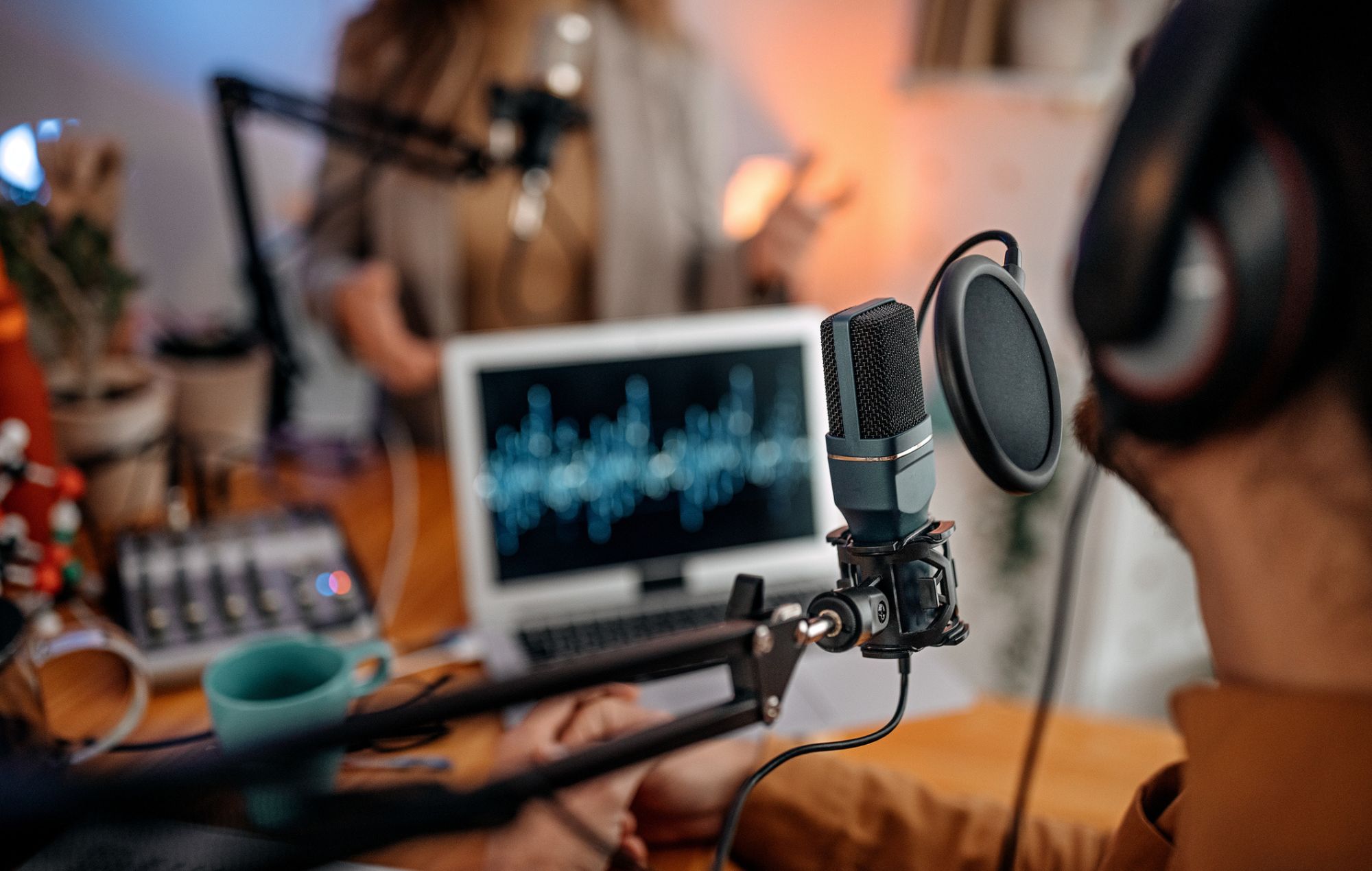
A new study has shown that over half of artists would choose not to disclose that they used AI to help make their music.
It comes following a recent survey conducted by the global music studio network, Pirate, which sought to explore the impact that new artificial intelligence technologies are having on the music industry.
In the study, over 1,000 musicians from across the UK, the US and Germany were asked about their openness to the use of AI in creating music, and the potential of them using the platforms as an aid to their own work.
Overall, the study found that there was a growing acceptance of the concept, with 25 per cent of all those surveyed admitting to having already dabbled with the technologies in their own music production. Of the remaining three quarters who hadn’t yet experimented with AI, 46 per cent said that they would be willing to try using the tools in the future.
More revealing, however, of the total number of people surveyed, only 48 per cent of artists confirmed that they would tell their listeners when AI was involved in their music, and 53 per cent admitted that they were concerned about how their audience would react if they knew the music they were listening to was aided by artificial intelligence.
The report from Pirate also noted that 55 per cent of artists are actively acquiring new skills in response to ongoing advancements in AI. 28 per cent of which are learning skills directly related to AI, while 37 per cent are learning skills that don’t directly correspond to the technologies.
Over recent months, the prospect of using AI platforms to create music has been one that has divided both emerging and established musicians, with some wholly opposed to the concept, while others have taken a more open-minded approach.
One of the most prominent artists to speak out against the method is Nick Cave, who previously described the prospect as a “grotesque mockery of what it is to be human” and told platforms such as ChatGPT to “fuck off and leave songwriting alone”.
Others who have criticised it include Sting, who said AI “doesn’t impress” him, Stereophonics frontman Kelly Jones, who said that art is about “a real person’s expression” and Guns N’ Roses bassist Duff McKagan, who said he’s “not worried” about AI in music as it won’t “affect my creativity”.
Grimes was more open to the concept, however, permitting fans to use her voice in their own AI projects – provided they share the royalties with her. Liam Gallagher also seemed pretty impressed with the AI-made “Lost” Oasis album earlier this year, describing the finished product as “mega”.
Following the technologies gathering such rapid momentum across the industry, the Council of Music Makers (CMM) developed five fundamental rules that they want companies to embrace when it comes to developing AI platforms.
The guidelines were officially unveiled at the Ivors Academy Global Creators Summit on music and AI in London in September, and outlined that the rights of music-makers must be respected and profits must be shared fairly.


 81
81